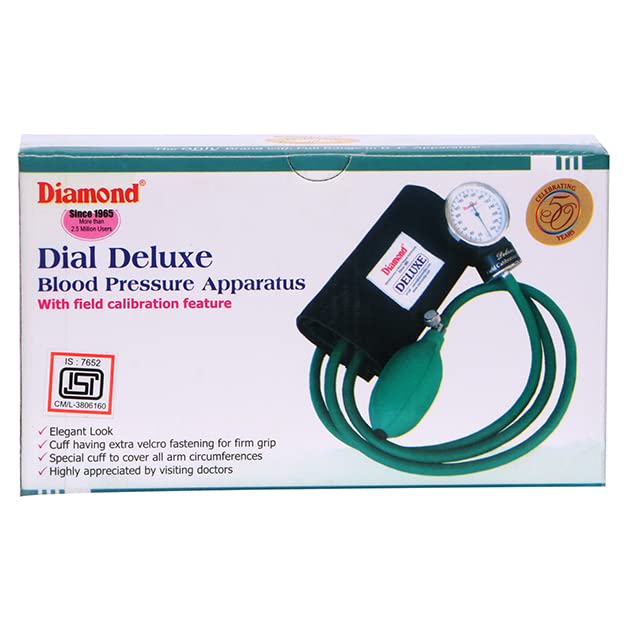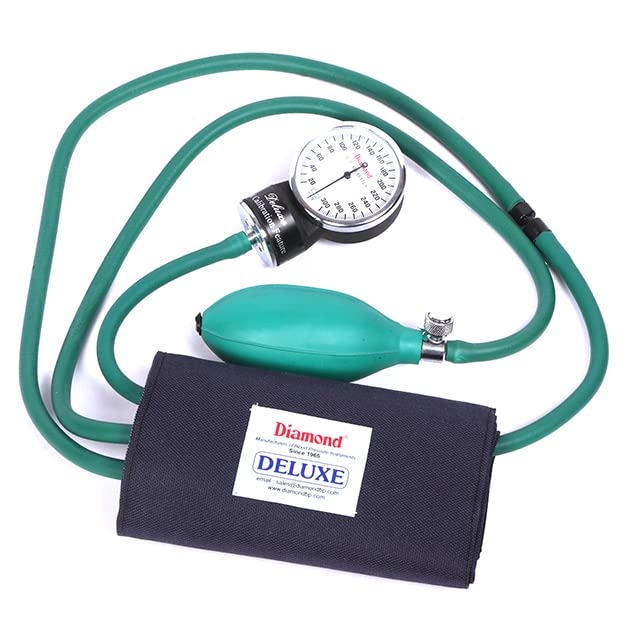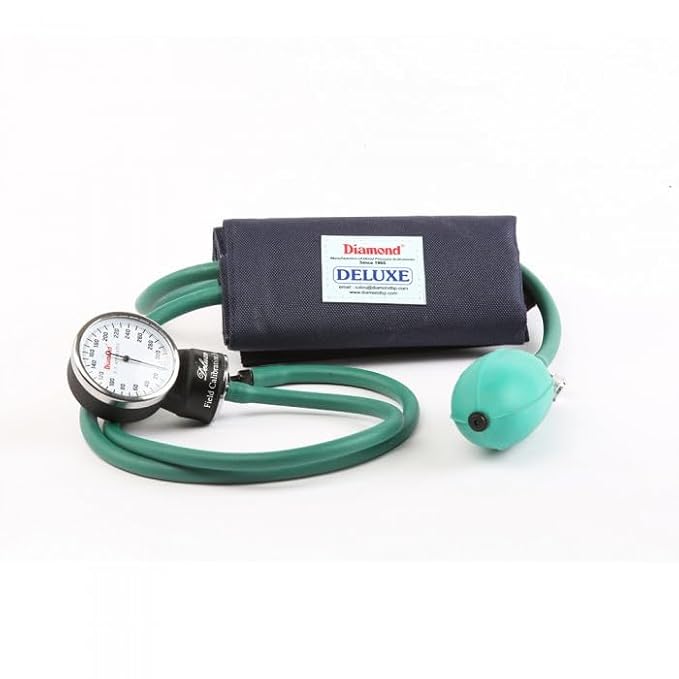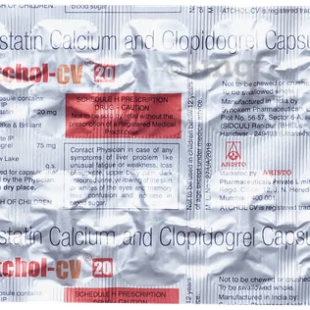- Your cart is empty
- Continue Shopping
Understanding Blood Pressure
Blood pressure is the force exerted by circulating blood against the walls of the arteries. It is a vital sign that indicates the overall health of your cardiovascular system. Maintaining healthy blood pressure is essential for proper blood flow, heart function, and the prevention of complications such as heart attacks, strokes, and kidney damage.
Blood pressure is measured in millimeters of mercury (mmHg) and is recorded as two numbers:
-
Systolic pressure – the pressure when your heart beats.
-
Diastolic pressure – the pressure when your heart rests between beats.
Normal blood pressure is usually around 120/80 mmHg, though it can vary depending on age and individual health conditions. High blood pressure (hypertension) and low blood pressure (hypotension) can both pose risks to your health if left unmanaged.
Causes of Blood Pressure Imbalance
-
High Blood Pressure (Hypertension): Often caused by stress, obesity, excessive salt intake, sedentary lifestyle, or underlying medical conditions.
-
Low Blood Pressure (Hypotension): May result from dehydration, heart problems, endocrine disorders, or certain medications.
Symptoms to Watch For
-
Headaches, dizziness, or blurred vision
-
Shortness of breath or chest pain
-
Fatigue or weakness
-
Irregular heartbeat
Benefits of Maintaining Healthy Blood Pressure
-
Reduces the risk of heart attack, stroke, and kidney disease
-
Improves overall cardiovascular health
-
Enhances energy levels and mental clarity
-
Supports a longer, healthier life
Tips for Managing Blood Pressure
-
Maintain a balanced diet low in salt and processed foods
-
Exercise regularly to strengthen the heart and improve circulation
-
Avoid smoking and limit alcohol intake
-
Manage stress through mindfulness, yoga, or meditation
-
Regularly monitor your blood pressure to track changes
Note: Consult your healthcare provider for proper diagnosis and personalized treatment if your blood pressure is consistently high or low.
Vendor Information
- Address:
- No ratings found yet!















Reviews
There are no reviews yet.